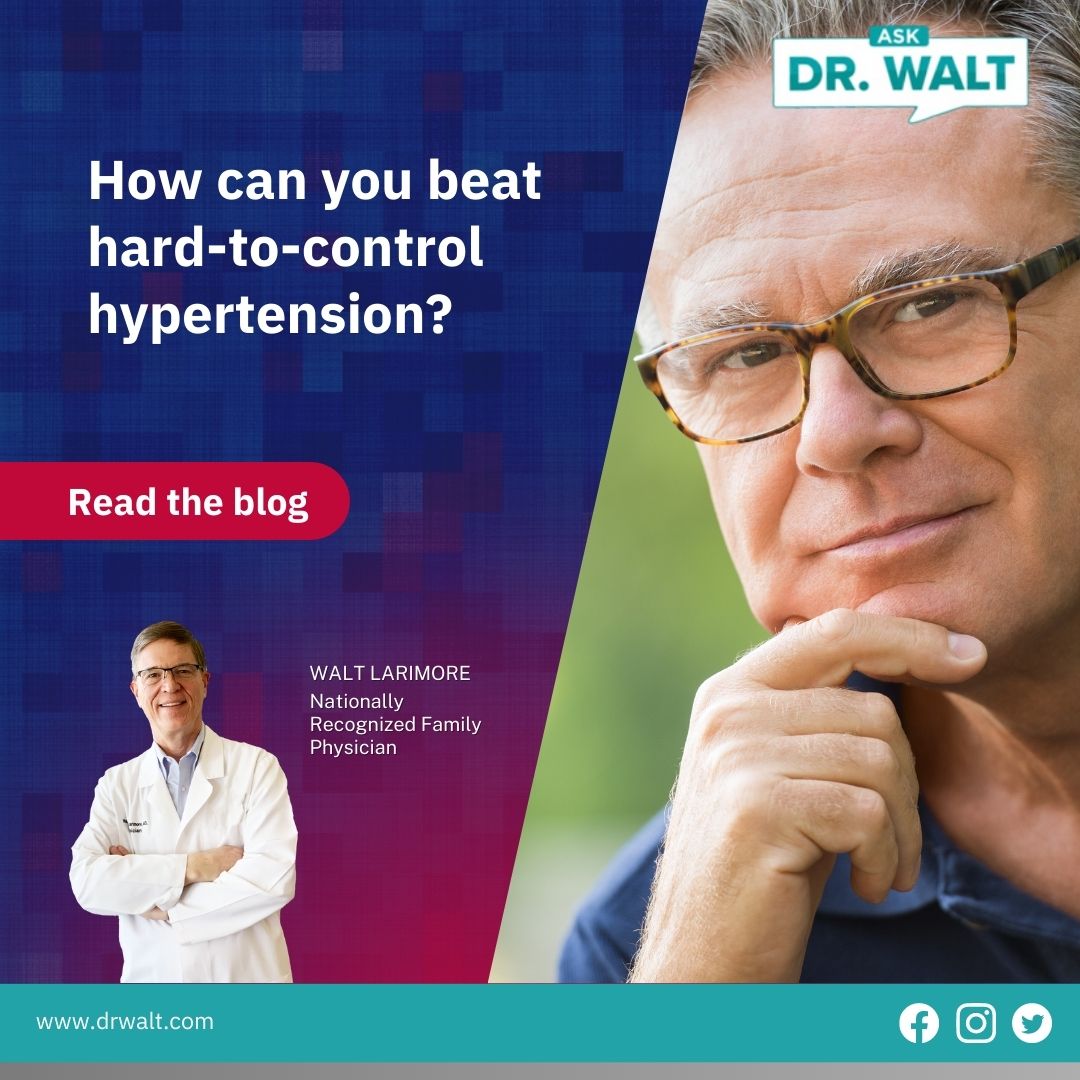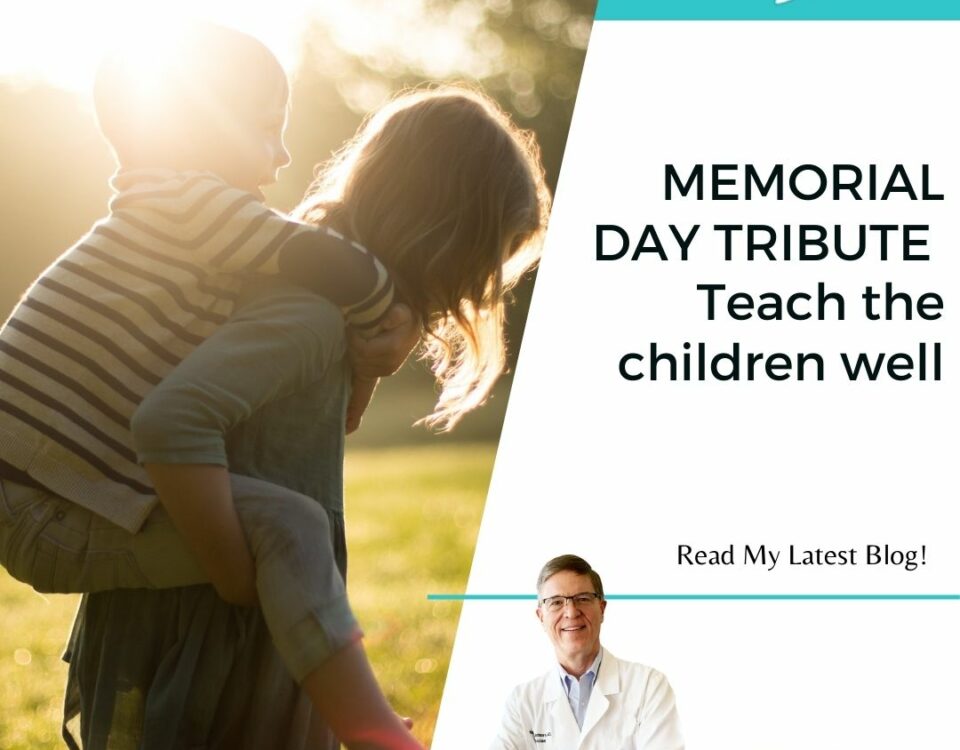
How can you beat hard-to-control hypertension?
November 3, 2021
Troubled by nighttime hot flashes? Get moving!
November 5, 2021Teens who eat lots of fruits and vegetables are likely to enjoy better mental health. That’s the key takeaway from a new study that also tied a nutritious breakfast and lunch to emotional well-being in kids of all ages.
The study comes as poor mental health is a growing concern for all young people, because problems often persist into adulthood, leading to underachievement and a poorer quality of life, according to the study authors.
This large and well-done British study had some extremely valuable findings for today’s parents:
- Higher intakes of fruit and vegetables were significantly tied with better mental health scores — the higher the intake, the higher the score.
- Also, eating a full breakfast, and not just a snack, breakfast bar, or energy drink, was tied to better mental well-being. Having just an energy drink for breakfast was linked to low mental health scores.
- Skipping lunch was associated with lower mental health scores than brown bagging.
- And younger kids who had a snack or non-energy drink to start the day also had lower mental health scores as did those who skipped breakfast.
- Finally, compared with eating a healthful packed lunch, eating school food was tied with lower mental health scores.
You’ve likely known about the importance of good nutrition for childhood physical health — such as their growth and development. But, this study provides the first insights into how fruit and vegetable intake affects children’s mental health.
As such, it contributes to the emerging evidence around “food and mood” when it comes to kids.
It now appears that nutrition is also highly relevant to childhood mental well-being as well as their physical health.
The findings were published in the BMJ Nutrition Prevention & Health. More details are available at DrWalt.com.
© Copyright WLL, INC. 2021. This blog provides a wide variety of general health information only and is not intended to be a substitute for professional medical advice, diagnosis, or treatment from your regular physician. If you are concerned about your health, take what you learn from this blog and meet with your personal doctor to discuss your concerns.




